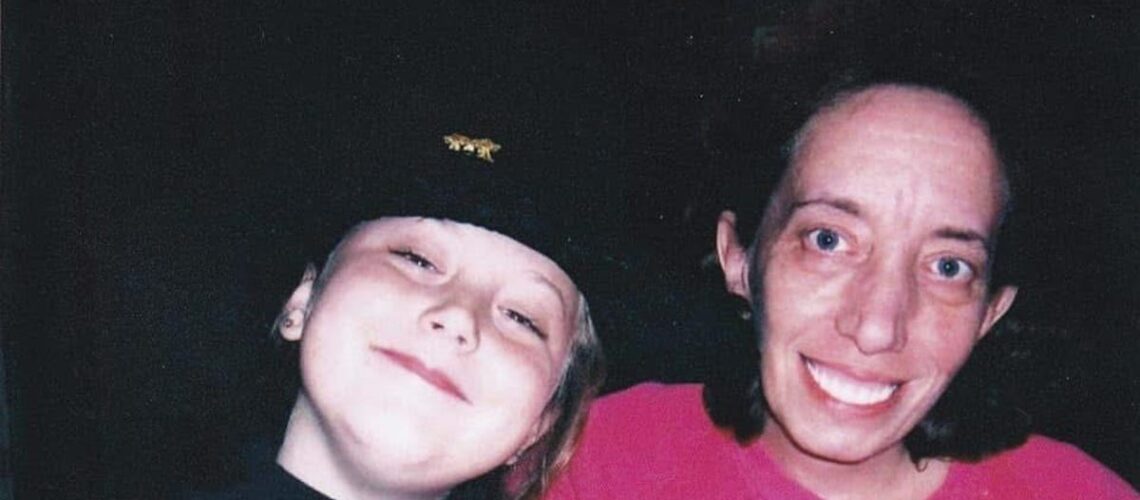Health insurance system failed my mom. It led to her death
December 26, 2024

- New homeowners insurance law taking effect New Year’s Day; could draw insurance companies to state
- Brayden Narveson may kick for Titans vs Colts
- 3rd-Party Litigation Funding, Federal Regs Among Insurance Trades’ Priorities for 2024
- California wildfires: Experts warn CA homeowners insurance premiums could spike in wake of SoCal fires
- Homeowner Hired Arsonist To Burn Down House In $1.3M Insurance Con: DA
My mother, an early childhood educator, had health insurance. But she still couldn’t afford asthma treatment and died when I was 16. The system should be reformed so no one else has to face such loss.
More than a million Americans lost health insurance over past year
In the span of one year, more than a million Americans were dropped from their medical insurance, according to the CDC’s latest report.
Straight Arrow News
In the wake of the murder of Brian Thompson, the CEO of UnitedHealthcare, a conversation on the role of insurance companies in limiting access to necessary care has exploded online. While I do not condone the violence perpetrated against Thompson, I have found the discussion deeply relevant and personal.
On Feb. 15, 2012, my mother, Janet, died of complications from an asthma attack a month after my 16th birthday. Losing her remains both the most significant and most painful experience of my life, but my mother’s death was more than a personal tragedy: It was the predictable, preventable consequence of decades of health care inequity at the hands of the U.S. health insurance industry.
Though my mother was fully insured through her employer, her access to the inhalers she needed to prevent and stabilize potential exacerbations was restricted by both the complex prior authorization requirements and high co-pays imposed by her insurer. Totaling several hundreds of dollars a month, the costs for these lifesaving medications were hopelessly out of reach of her salary as an early childhood educator.
It was common for her, a single mother, to have to forgo refilling her prescriptions to ensure that she and I continued to have housing, heat and electricity. To mitigate the worst of her asthma symptoms, she instead relied on an insufficient patchwork of over-the-counter medications, borrowed rescue inhalers from her colleagues and a stock of my own expired nebulizer treatments. Her health progressively deteriorated as a result.
Xem thêm : Most Americans think UHC CEO’s death is partly due to costs
Opinion: Most Americans believe the ‘system is rigged’ against them by powerful elites
My mother deserved better. My mother deserved to live.
The situation first reached a crisis point during the winter of my seventh grade when my mother experienced an asthma attack that failed to respond to any of the stopgap measures she had available to her.
At the age of 12, I was forced to watch helplessly as my mother rapidly lost consciousness and turned a lifeless shade of unoxygenated blue. When the paramedics arrived, I remember pleading with them desperately to save her life, even though I was convinced I had already lost her.
Following a night of sleepless uncertainty, we learned that she would survive that episode. Yet, without affordable and reliable health care coverage, her short stint in the hospital only bought us a temporary reprieve. As my mother was still unable to access all of her necessary medications, we were left simply waiting for the next shoe to drop.
When it finally did on that chilly evening in 2012, I was left shattered, but painfully unsurprised.
In the weeks prior to my mother’s death, I had left to begin an early college program, assured that life at home would be there if I needed it; but in the weeks following it, I was forced to rehome my pets, box up all of my belongings and come to terms with no longer having a permanent address.
Innumerable times throughout those first months, I found myself instinctively going to call her for advice, only to remember as I was dialing that there would be no familiar voice on the other end of the line. More than a decade later, I have stopped reaching for the telephone, but I have not stopped grieving.
Xem thêm : Dramatic Insurance Spikes Could Tank California’s Homeless Housing
Unfailing in her dedication as a parent and deeply invested in all of those she cared about – from her friends to the children she taught at an afterschool program – my mother was an incredible, compassionate person. She was joyful, full of life and an expert in unconditional love. My mother deserved better. My mother deserved to live.
We can build a new health care system
However, while my mother’s outcome was devastating, it is critical to recognize that it was not unique. According to the U.S. Centers for Disease Control and Prevention, in some states up to 33% of adults with asthma report that cost remains a barrier to accessing lifesaving care.
Though having insurance does reduce these barriers, the data is clear that it fails to eliminate them. Even among fully insured individuals, high co-payments, restrictive formularies and unnecessary prior authorization requirements all compound to contribute to needless suffering and loss for families like mine.
Yet, it does not have to be this way. Throughout the course of my mother’s life, there were multiple opportunities where policy interventions could have changed the ending of her story. Reforms to the U.S. health insurance industry, especially as it relates to drug pricing and prior authorization, are imminently needed and have the real potential to save the lives of individuals like my mother.
We need to build a system that affirms access to health care as a matter of basic human dignity, not a source of potential profit alone.
While nothing can reverse what happened to our family, we can use this moment of increased attention and conversation to advocate for changes that will help those still struggling to survive in this country. Together, we can prevent anyone else from having to share in our profound and irreparable loss.
Eri Solomon is a counselor, writer and organizer based in Boston. Their work has previously been published in the Huffington Post, Pediatrics and JAMA Internal Medicine.
Nguồn: https://propertytax.pics
Danh mục: News
